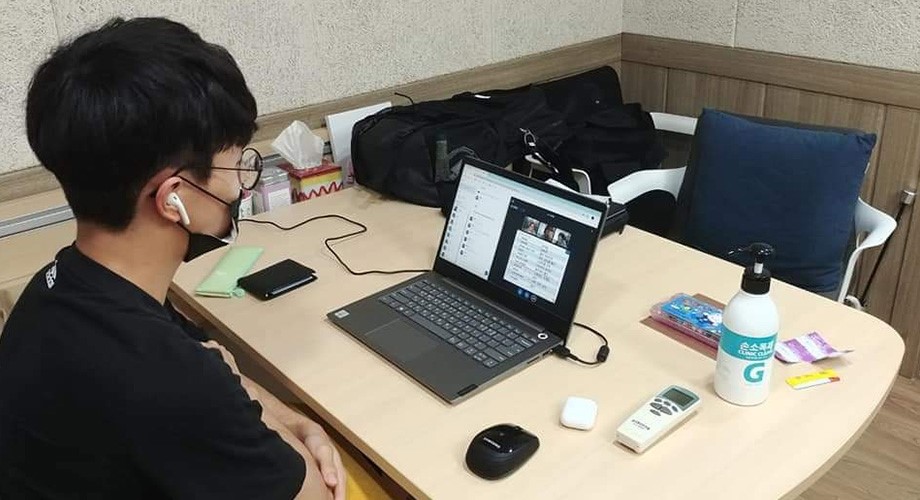
Meet Insoo and Yeonbi from the Democratic People’s Republic of Korea (DPRK).
Insoo crossed rivers, ran through mountains and travelled across several countries to make his escape to freedom in the Republic of Korea. Yeonbi crossed the DPRK border alone at the age of 14 and spent a year hiding in China, in the hope of reuniting with her mother who had escaped the DPRK a few years earlier.
Since 2004, the Yeomyung School in Seoul, Republic of Korea, has been a place of refuge to thousands of escapee children from the DPRK like Insoo and Yeonbi. Among them are children who have risked their lives fleeing to the Republic of Korea so they could enjoy their basic human rights. Some of them are the children of female escapees who were trafficked into forced marriages in China.
These escapee children usually arrive in the Republic of Korea with harrowing physical and emotional trauma. For them, education is a lifeline and a pathway to a new future. However, the pandemic has threatened to take their hope away.
When COVID-19 hit the Republic of Korea in March 2020, Yeomyung School was forced to shut down. The canteen, where the students had been able to eat three free meals a day, closed down and so did the dormitory. Some of the children lost their parents during their escape from the DPRK and now lived alone in a 320-square-foot apartment without access to education. Moreover, none of the students owned laptops or tablets to continue schooling online from home.
“I was agonized to an unspeakable degree that I could not continue my studies. I did not have a laptop and could not even join online classes,” said Yeonbi, a senior at Yeomyong,
“The pandemic has revealed disparities in our society. Our students could not attend the online classes simply because they did not own digital devices,” said Myungsook Cho, vice principal at Yeomyung School.
Unwilling to leave behind the students who were isolated and could not study, Cho sent out a heartfelt plea in a letter to a community of individual donors and churches describing their situation. In just three days, brand-new laptops started flowing in and every student at Yeomyung School was able to receive one and attend online classes.
“I cannot even express how jubilant the kids were. They were literally jumping with joy and said they felt they were valued and appreciated by society,” said Cho.
“The right to education, the right to learn is almost everything to these children. When that fundamental right is violated because of external factors, disadvantaged children have nearly no way to make the future that they dream of a reality,” she added.
However comforting the donations were to the students, other challenges remain for Yeomyung School. The lease to the building that has welcomed so many children will expire in a year, and the school has not been able to secure a new place to continue teaching the children because of strong opposition from the residents of the neighborhood the school had hoped to move to. The school is also experiencing severe financial hardships posed by the pandemic.
“For some students, school is safer than home. Some children around the world cannot eat when they are hungry or go see a doctor when they are sick at home,” said Cho. “For those students, school is a place of education, healing and protection. We will do our utmost to protect our school for those children.”
Note: The names of the students have been changed for this story.
This story is part of a series to celebrate Human Rights Day 2020, under the theme Recover Better: Stand up for human rights. To recover from the impact of the COVID-19 crisis, we must also address the inequality pandemic. For that, we need to promote and protect economic, social, and cultural rights, including the right to education. We need a new social contract for a new era.
4 December 2020
